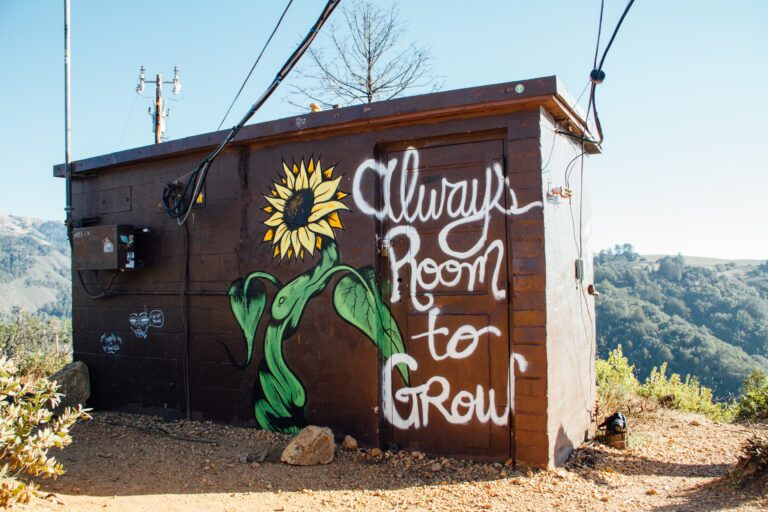3 Essential Techniques for Emotional Growth Mastery
Are you ready to master the art of emotional growth?
Well, buckle up because we’ve got three essential techniques that will transform the way you navigate your feelings.
From understanding and managing emotions to cultivating self-awareness and building resilience, these techniques will help you achieve the emotional balance you’ve been looking for.
Get ready to embark on a journey of self-discovery and personal growth like never before.
It’s time to take control of your emotions and create a life filled with belonging and fulfillment.
Key Takeaways
- Emotional intelligence is crucial for recognizing and understanding emotions, both in ourselves and others.
- Developing emotional intelligence helps navigate social interactions and build stronger relationships.
- Self-awareness deepens understanding of emotions, thoughts, and behaviors.
- Building resilience and emotional balance supports mental well-being.
Understanding and Managing Emotions
To truly develop emotional growth mastery, you must consistently and actively understand and manage your emotions. Emotional intelligence and emotional regulation are key aspects of this process.
Emotional intelligence refers to your ability to recognize and understand your emotions, as well as the emotions of others. It involves being aware of your emotional state and using that awareness to guide your thoughts and actions. By honing your emotional intelligence, you can navigate social interactions better and build stronger relationships.
Emotional regulation, on the other hand, involves effectively managing and expressing your emotions in a healthy and constructive manner. This skill allows you to control impulsive reactions, handle stress, and maintain emotional balance.
Cultivating Self-Awareness
Developing self-awareness is an essential technique for mastering emotional growth. By cultivating self-awareness, you can gain a deeper understanding of your emotions, thoughts, and behaviors. This self-awareness allows you to identify patterns, triggers, and underlying beliefs that may be influencing your emotional experiences.
One powerful way to develop self-awareness is by practicing mindfulness. Mindfulness involves bringing your attention to the present moment without judgment. It helps you become more aware of your thoughts, feelings, and bodily sensations, allowing you to observe them without getting caught up in them.
Another effective method is through self-reflection. Take the time to reflect on your actions, reactions, and the impact they’ve had on yourself and others. Ask yourself questions like “Why did I react that way?” or “What beliefs might be influencing my behavior?” This introspection can provide valuable insights into your emotional patterns and help you make conscious choices for growth.
Building Resilience and Emotional Balance
By cultivating self-awareness, you can lay the groundwork for building resilience and emotional balance in your life.
Developing coping skills is essential for navigating the ups and downs that life throws your way. Resilience is about bouncing back from adversity, and emotional balance is about maintaining a sense of stability amidst chaos.
It’s through self-awareness that you can begin to understand your emotional triggers and patterns, allowing you to respond to challenges in a more constructive way. By acknowledging and addressing your emotions, you can promote mental well-being and create a solid foundation for resilience.
Final Thoughts
In your journey towards emotional growth mastery, remember that understanding and managing your emotions is like navigating a vast ocean.
Cultivating self-awareness acts as your compass, guiding you through the unpredictable waves.
Building resilience and emotional balance becomes your life jacket, keeping you afloat when the waters get rough.
Embrace these essential techniques with open arms, and watch as you sail towards a brighter, more fulfilling future.







